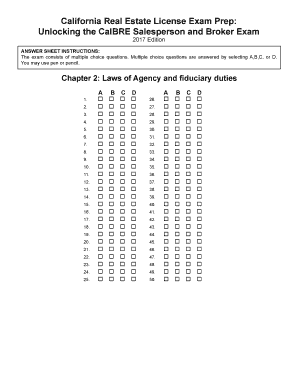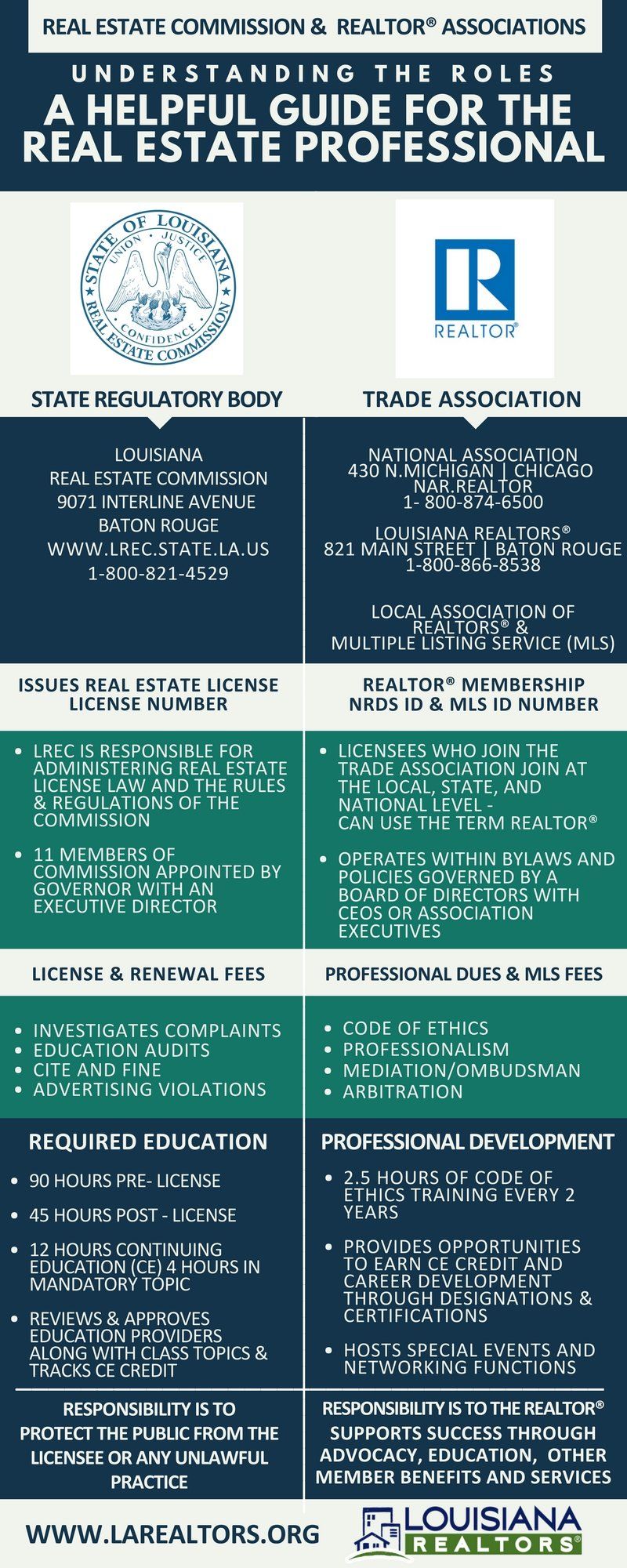
In Minnesota, you can get a real estate license by meeting certain requirements. Minnesota Commerce Department is committed to ensuring that real estate agents can work in the state. These requirements include being at minimum 18 years of age and U.S. citizens, or legal aliens. Most users do not have to be citizens, although it is possible to be denied a license for any criminal history, unpaid court judgments, or discipline actions against your professional license. A real estate license should not be denied if you are involved in unlicensed real-estate activity.
Pre-license education
Pre-license education is an important part of becoming a licensed real estate agent in Minnesota. This can increase your chances of passing and help you avoid retaking the exam. It takes approximately four months to become a Minnesota real estate agent. You must complete the pre-license education course, pass the exam, and be sponsored by a licensed broker to license you.
A great way to start your education for your real estate license in Minnesota is by taking a pre-license course online. You can complete three 30-hour courses that will help you earn your license. These courses cover topics such as real estate principles, valuation, contracts, financing, and more. The course can also be completed online via ContinuingEd Express. They offer live streaming and online courses.

Requirements for continuing education
Minnesota real-estate salespeople must complete a minimum of fifteen hours annually in continuing education. The total amount of continuing education required for Minnesota real estate salespersons is 30 hours. This applies over a two-year renewal. You have many options to fulfill the real estate CE requirements, including live classes and on-demand webinars. Kaplan offers on-demand as well as live courses to meet state continuing education requirements. Kaplan's courses online are approved for 3.75 Hours of real estate CE.
Minnesota Real Estate Commission has adopted new real estate CE credit system. Real estate licensees must take at least eight hours worth of continuing education per day. However, they can only complete no more that 15 hours within 24 hours. In order to meet Minnesota's continuing education requirements, brokers and salespeople must complete a pre-licensing CE module each year. These courses can be used to earn 3.75 hours CE credit. They must be completed before June 30, 20,22. An MNR Academy website allows you to complete a course online without the need for a live instructor. Some courses can be viewed live, and others are self-paced. Exam prep courses cover the state and national parts of the Minnesota licensing exams.
Exam
Minnesota's real estate licensing exam is required in order for a person to practice. This exam helps to protect the public as it ensures that each person has a certain level or competence. The examination is used to determine if an individual follows the state's safe practice standard. The Minnesota real estate licensing examination is administered by Pearson VUE.
Minnesota real estate license applicants must have passed a prelicense education course and a state exam to be eligible for it. The state requires that applicants be at least eighteen years of age and a lawful permanent resident of the United States. Minnesota has reciprocity agreement with several states, including Wisconsin. You don't need to take a Minnesota prelicensing class if you are licensed in a reciprocal country. You can submit a request through the PULSE Portal. Once you have received a letter from them certifying your current licence, you will be able to pass the state part of the exam. In Wisconsin, however, you must take a 13-hour Wisconsin-to-Minneseta prelicensing course.

Prices
The first step in becoming a real estate agent in Minnesota is to obtain a real estate license. You can complete the entire process online with the exception that you must take the exam in person. This article will discuss the process and give details about the costs and the time required. We will also cover the exam content, and give you some resources for additional information.
Minnesota law requires all real estate agents to complete at least 90 hours pre-licensing education. These can be completed online or via classroom classes. Online on-demand courses are the most affordable. The average package contains three courses and costs between $200-300.
FAQ
Is it possible for a house to be sold quickly?
It might be possible to sell your house quickly, if your goal is to move out within the next few month. There are some things to remember before you do this. First, you must find a buyer and make a contract. Second, you need to prepare your house for sale. Third, it is important to market your property. You must also accept any offers that are made to you.
What should I look for when choosing a mortgage broker
A mortgage broker is someone who helps people who are not eligible for traditional loans. They compare deals from different lenders in order to find the best deal for their clients. There are some brokers that charge a fee to provide this service. Others offer no cost services.
Is it cheaper to rent than to buy?
Renting is generally less expensive than buying a home. However, renting is usually cheaper than purchasing a home. There are many benefits to buying a home. You will be able to have greater control over your life.
What is the average time it takes to sell my house?
It all depends on several factors such as the condition of your house, the number and availability of comparable homes for sale in your area, the demand for your type of home, local housing market conditions, and so forth. It may take up to 7 days, 90 days or more depending upon these factors.
Statistics
- When it came to buying a home in 2015, experts predicted that mortgage rates would surpass five percent, yet interest rates remained below four percent. (fortunebuilders.com)
- 10 years ago, homeownership was nearly 70%. (fortunebuilders.com)
- Over the past year, mortgage rates have hovered between 3.9 and 4.5 percent—a less significant increase. (fortunebuilders.com)
- This means that all of your housing-related expenses each month do not exceed 43% of your monthly income. (fortunebuilders.com)
- It's possible to get approved for an FHA loan with a credit score as low as 580 and a down payment of 3.5% or a credit score as low as 500 and a 10% down payment.5 Specialty mortgage loans are loans that don't fit into the conventional or FHA loan categories. (investopedia.com)
External Links
How To
How do you find an apartment?
The first step in moving to a new location is to find an apartment. This requires planning and research. It includes finding the right neighborhood, researching neighborhoods, reading reviews, and making phone calls. There are many ways to do this, but some are easier than others. Before renting an apartment, it is important to consider the following.
-
You can gather data offline as well as online to research your neighborhood. Online resources include Yelp. Zillow. Trulia. Realtor.com. Local newspapers, real estate agents and landlords are all offline sources.
-
Read reviews of the area you want to live in. Yelp. TripAdvisor. Amazon.com have detailed reviews about houses and apartments. Local newspaper articles can be found in the library.
-
To get more information on the area, call people who have lived in it. Ask them about their experiences with the area. Also, ask if anyone has any recommendations for good places to live.
-
Take into account the rent prices in areas you are interested in. Consider renting somewhere that is less expensive if food is your main concern. You might also consider moving to a more luxurious location if entertainment is your main focus.
-
Find out more information about the apartment building you want to live in. It's size, for example. How much is it worth? Is the facility pet-friendly? What amenities does it have? Do you need parking, or can you park nearby? Are there any special rules that apply to tenants?